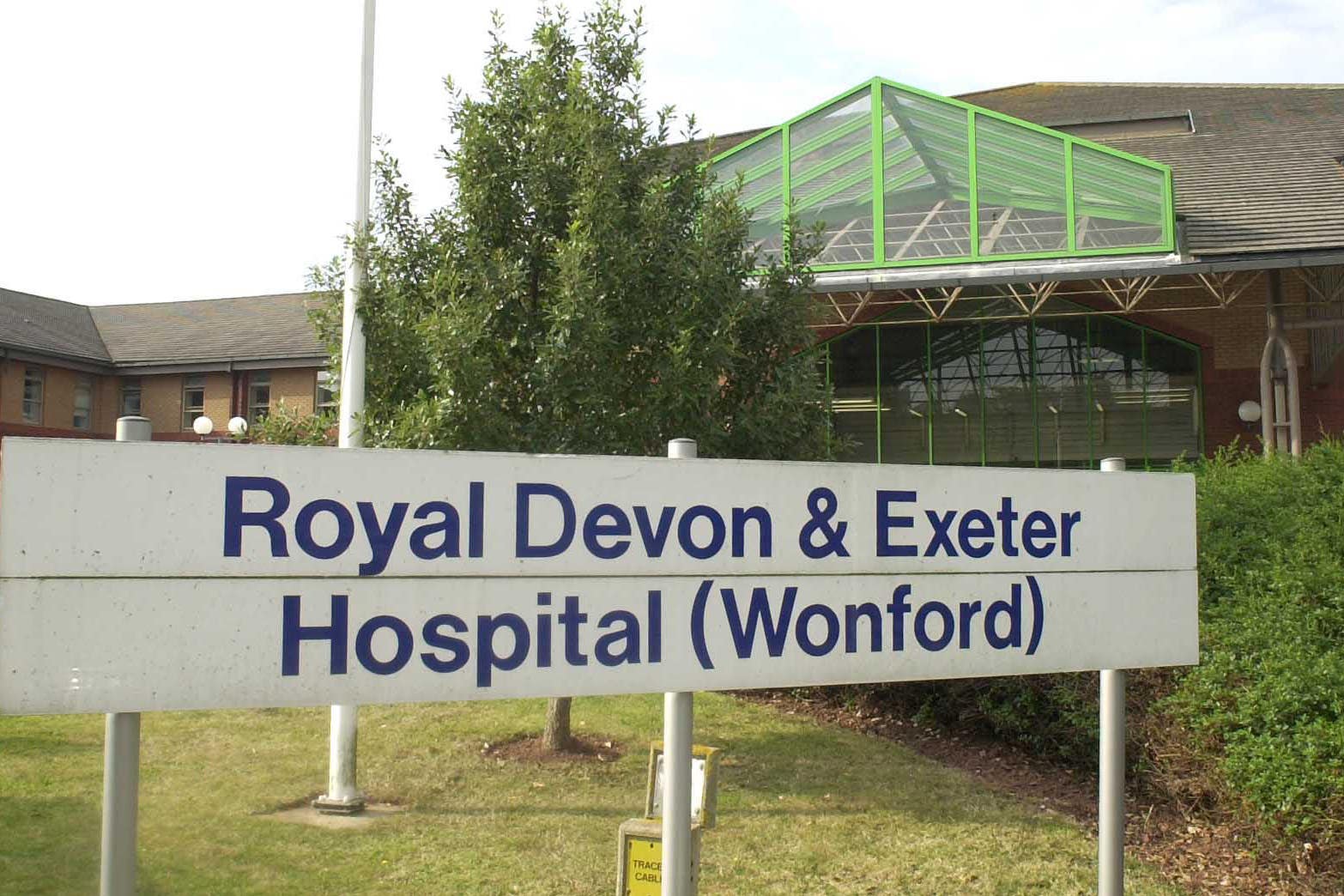GP calls for better funding of research into ME, inquest hears
Dr Lucy Shenton said doctors needed more help to treat patients with myalgic encephalomyelitis (ME), such as Maeve Boothby-O’Neill.

There needs to be better funding of the research into people suffering from chronic fatigue syndrome, the GP treating a young woman with the condition told her inquest.
Dr Lucy Shenton said doctors needed more help to treat patients with myalgic encephalomyelitis (ME), such as Maeve Boothby-O’Neill.
Miss Boothby-O’Neill, 27, had suffered with the condition for a decade before she died at home in October 2021.
Regarding severe ME there needs to be more funding and research into ME to provide the evidence and guidelines for clinicians to work from
An inquest in Exeter heard that Miss Boothby-O’Neill had been admitted to the Royal Devon and Exeter Hospital three times that year for treatment for malnutrition.
The hearing is focusing on the last few months of her life by which time she was confined to bed, unable to chew food and had difficulty drinking because she was not able to sit up.
The inquest has heard Miss Boothby-O’Neill was placed on a nasogastric tube for artificial feeding while in hospital but due to complications it was removed.
An alternative – parenteral feeding through a vein – was rejected because it would be unsafe in her case.
Dr Shenton, who took over Miss Boothby-O’Neill’s care in April 2021, said as well as properly funded research into ME, there also needed to be specialist services for patients.
“Regarding severe ME there needs to be more funding and research into ME to provide the evidence and guidelines for clinicians to work from,” she said.
“There needs to be somewhere within the NHS providing specialist care for patients with severe ME and an easy mechanism to access that provision.
“Although Maeve had severe ME some of the problems in her care would apply to any complex patient with bespoke needs.
“From a patient safety point of view, I was trying to manage Maeve whilst I had other complex patients on top of my normal GP workload.
“Although Maeve’s case was unique, GPs managing complex cases with little support and no time out allotted in their working day for these cases is commonplace.”
Dr Shenton did not give evidence in person due to health reasons but instead provided written answers to questions.
She said she did not “recall” saying to Miss Boothby-O’Neill’s mother, Sarah Boothby, after her death she had “never seen anyone so badly treated by the NHS” as her daughter was.
“I do not recall using the words ‘badly treated’. If I did say this, I apologise, as I do not think it would have been a helpful comment to make to a bereaved relative,” Dr Shenton said.
“Maeve knew that since her formal diagnosis in 2012 she had steadily deteriorated and by April 2021, she felt it was likely she would rapidly deteriorate and die.
“I was concerned that my earlier expressions of faith in the NHS could have been seen as another example of someone not listening or not believing Maeve.
Medicine is driven by the evidence and the paucity of evidence and therefore guidelines surrounding ME, and in particular severe ME, make decision making and management more complicated
“I had genuinely been optimistic earlier in the care, it was not that I previously thought the NHS was infallible but that where systems failed or where the NHS didn’t provide, I was used to marvellous clinicians stepping up to fill the gaps and somehow muddling through.”
Dr Shenton also told the inquest that during the time she was Miss Boothby-O’Neill’s GP, only one consultant “expressed doubt” that ME was a physical illness.
“I cannot comment on how that may have affected the care provided,” she said.
“Medicine is driven by the evidence and the paucity of evidence and therefore guidelines surrounding ME, and in particular severe ME, make decision making and management more complicated.”
Dr Shenton said that many of the health professionals involved in caring for Miss Boothby-O’Neill were not doctors and their “lack of understanding” of severe ME may have been “relevant”.
“This is likely to have fed into the assessment and information available to the doctors making their decisions,” she said.
“The first-time people come across this case there is doubt and misunderstanding and it seems to take a variable amount of time for the penny to drop – this is ME.
“It can take months/not at all.”
The inquest was adjourned until August 9 when the coroner is due to record their conclusions.
Bookmark popover
Removed from bookmarks